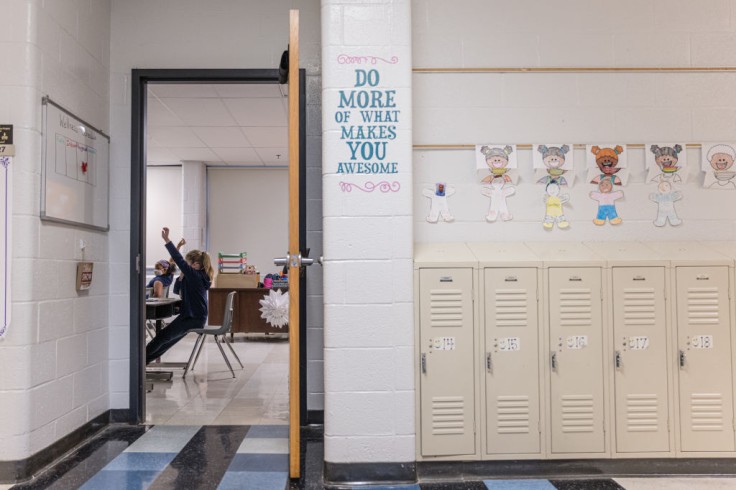
As the schools reopen for in-person learning, some families are torn between letting their kids go back to school or continuing the remote education at the expense of losing their name on the Pandemic Electronic Benefits Transfer (P-EBT) program.
P-EBT is a United States Department of Agriculture (USDA) program that feeds millions of other kids enrolled through virtual learning. Children's caregivers get a value of the meal they missed in the school on a debit card, which parents use to buy groceries. However, the USDA guidelines stipulate that as the schools reopened, students opting for the virtual academy are not eligible to participate in the program.
Explaining P-EBT
Joel Barron, a mother of two, qualified for the free school meals through the P-EBT. She said the project is a "godsend," as they could get through the month without thinking about going to the community pantry to get their share of food.
However, as the district school reopened for in-person learning, Barron felt it was safer to continue her kid's remote education. Her two kids have asthma, and the kids do not have COVID 19 vaccine yet.
As per USDA guidelines, "a virtual academy, whether administered by the State or the school district, is not eligible to participate in the [National School Lunch Program (NSLP)]."
The condition implies that the Barrons would not be receiving the P-EBT this school year as their kids are enrolled at the virtual academy.
Read Also: Four-year-Old Boy Fatally Shoots Himself, While Mother And Friend Smoked Weed in the Front Seat
Torn between remote and in-person learning
Most schools, including Barron's district, reopened their in-person learning for the 2021-'22 school year. However, Barron decided to enroll the kids in the distance learning academy.
The academy was run by the White Bear Lake Area Schools (WBLAS).
Hence, Barron's kids are still enrolled in a public school but online. To her dismay, she learned that the two kids are no longer qualified to receive P-EBT. Baron posted her confusion and frustration on social media in January.
In an interview with NPR, the USDA said, "Benefits are available to children who would have received free or reduced-price meals at their schools." Exceptions, it added, were if the school closed or reduced attendance due to a COVID emergency, the USDA disclosed.
The statement stirred several reactions among anti-hunger advocates and families enrolled in the P-EBT program.
According to Rachel Cooper, a senior policy analyst of Every Texan, a non-profit organization, the USDA forces some families to choose between keeping children at home through virtual schools and sending them back to school for complimentary breakfast and lunch.
Cooper added that families should not be forced to choose. She further cited "kinship families," or kids raised by caregivers at high risks, are among those who decided on virtual learning.
For these people, P-EBT and free-school meals are crucial, and cutting it off means putting no food on their dinner table, she added.